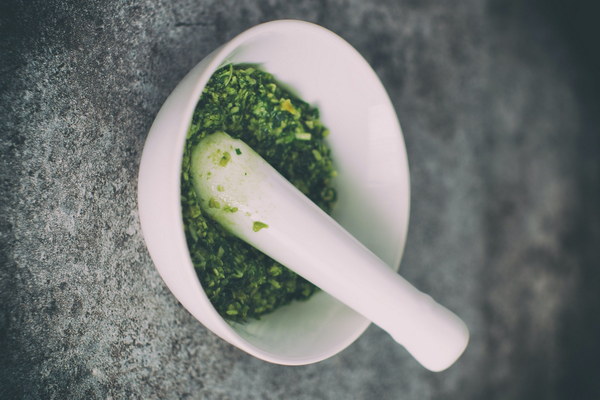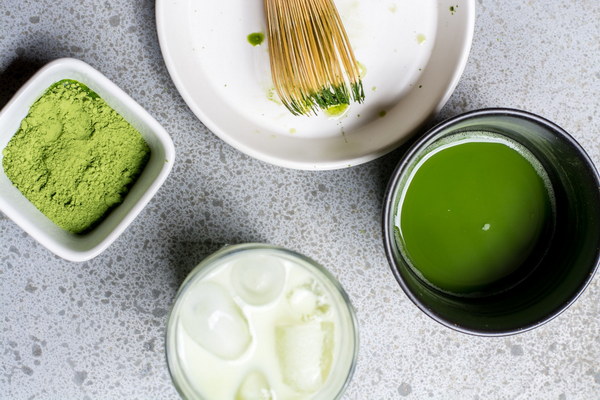Top 10 Liver-Healthy Habits for Optimal Well-being
The liver is a vital organ responsible for detoxifying the body, producing bile, and metabolizing nutrients. Maintaining a healthy liver is essential for overall well-being. Here are the top 10 liver-healthy habits that can help you achieve optimal liver function.
1. Limit Alcohol Consumption:
Excessive alcohol consumption can lead to liver damage, including fatty liver disease and cirrhosis. To protect your liver, limit your alcohol intake to moderate amounts, such as one drink per day for women and up to two drinks per day for men.
2. Eat a Balanced Diet:
A balanced diet rich in fruits, vegetables, whole grains, lean proteins, and healthy fats is essential for liver health. Avoid excessive intake of processed foods, sugary drinks, and high-fat foods, as they can lead to obesity and non-alcoholic fatty liver disease (NAFLD).
3. Stay Hydrated:
Drinking plenty of water helps flush out toxins from the liver and keeps it functioning properly. Aim for at least 8-10 glasses of water per day, and more if you engage in physical activity or live in a hot climate.
4. Exercise Regularly:
Regular physical activity helps maintain a healthy weight and reduces the risk of NAFLD. Aim for at least 150 minutes of moderate-intensity aerobic exercise or 75 minutes of vigorous-intensity aerobic exercise per week, along with muscle-strengthening activities on two or more days per week.
5. Avoid Taking Over-the-Counter Medications in Excessive Amounts:
Over-the-counter medications, such as acetaminophen, can cause liver damage if taken in high doses. Always follow the recommended dosage and consult a healthcare professional if you have concerns about medication use.
6. Manage Your Weight:
Maintaining a healthy weight is crucial for liver health. Obesity can lead to NAFLD and other liver diseases. If you're overweight, work with a healthcare professional to develop a weight-loss plan tailored to your needs.
7. Avoid Exposure to Toxic Substances:
Limit your exposure to toxic substances, such as cleaning agents, pesticides, and other chemicals. Use protective gear, such as gloves and masks, when handling hazardous materials, and ensure proper ventilation in areas where toxic substances are present.
8. Get Regular Screenings:

Regular health screenings, such as blood tests, can help detect liver diseases early. If you have risk factors, such as a family history of liver disease or a history of heavy alcohol use, consult your healthcare professional about appropriate screening intervals.
9. Manage Chronic Conditions:
Chronic conditions, such as diabetes and high cholesterol, can increase your risk of liver disease. Work with your healthcare professional to manage these conditions effectively.
10. Reduce Stress:
Chronic stress can lead to an increased production of cortisol, a hormone that can harm the liver. Find healthy ways to manage stress, such as practicing mindfulness, engaging in hobbies, or seeking support from friends and family.
By adopting these liver-healthy habits, you can protect your liver and improve your overall well-being. Remember, maintaining a healthy liver is an ongoing commitment, so make these habits a part of your daily routine.









